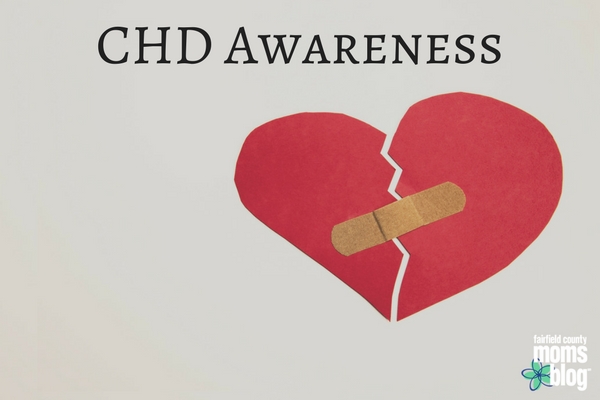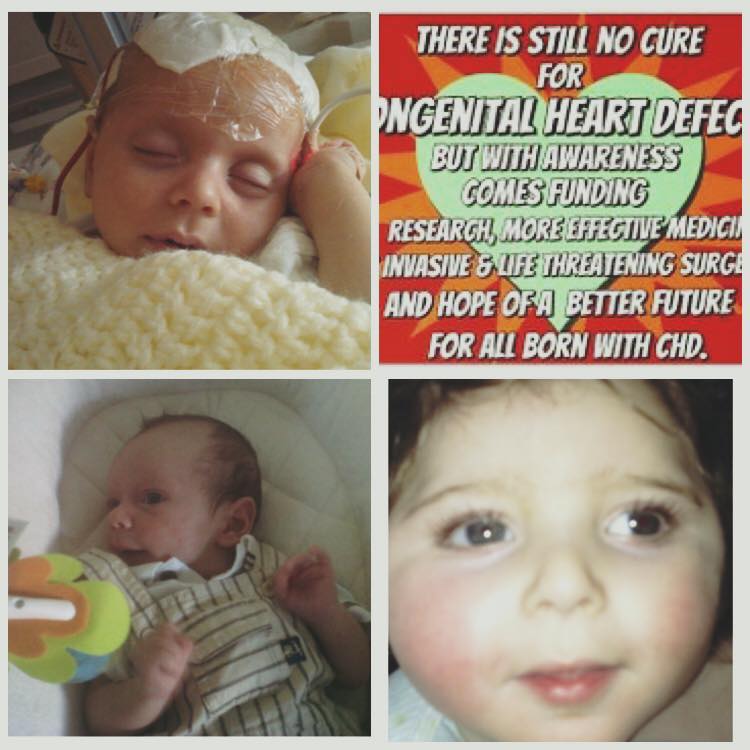 A friend on social media has shared a page for a fundraiser for a child with a health issue. You may scroll by or you may read into the details. Many times it is related to childhood cancer, occasionally an accident, and sometimes a cardiac issue. Congenital heart defects, CHDs, are actually 60 times more prevalent than childhood cancers per CHOP’s statistics. Yet, we don’t hear too much about them, unless we are affected by them. Also, the funding for research is grossly underfunded per the The Children’s Heart Foundation.
A friend on social media has shared a page for a fundraiser for a child with a health issue. You may scroll by or you may read into the details. Many times it is related to childhood cancer, occasionally an accident, and sometimes a cardiac issue. Congenital heart defects, CHDs, are actually 60 times more prevalent than childhood cancers per CHOP’s statistics. Yet, we don’t hear too much about them, unless we are affected by them. Also, the funding for research is grossly underfunded per the The Children’s Heart Foundation.
Approximately 1 in 100 babies are born with a CHD. There are 40 different types of CHDs; some require monitoring and don’t require any treatment, while others require surgery shortly after birth. There are 12 types of CHDs that are “critical” and unfortunately – my son had one of those.
He had gone one month with an undiagnosed CHD, which happens occasionally to my dismay. A quicker diagnosis and treatment does have an effect on an infant’s outcome. Shortly after my son suffered an intracranial hemorrhage secondary to his CHD. A newborn screening for CHDs was implemented.
Connecticut and many other states started screening for CHDs and the rest of the country followed. This screening is called the pulse oximetry test and is tested on the right hand and foot to make sure there is no discrepancy in oxygenation above or below the ductus arteriosus. The ductus-arteriosus is the passageway that bypasses the fetal lungs to connect the main pulmonary artery and descending aorta. (I promise that’s as medical as I’ll get). Please remember as a mom you are able to watch the screening and ask the doctors questions.

There are also other ways to request screening of an infant’s heart during pregnancy and after delivery. One way is to request a fetal echocardiogram, which is a cardiac specific ultrasound usually done around 25 weeks gestation. This can help find heart defects before delivery, which can help if you need a plan of care shortly after the baby is born.
There is also the pulse oximetry test mentioned above that is done 24 hours after birth. It is a helpful test, but it may not catch all CHDs, so being aware of signs and symptoms is still incredibly important. You can also request an echocardiogram before leaving the hospital, it maybe difficult to obtain without a cardiac history, but it can never hurt to ask.
Some warning signs to look out for are in a newborn are:
- Heart murmur
- Cyanosis (bluish tint to skin, fingernails, and/or lips)
- Rapid breathing
- Poor feeding
- Poor weight gain
- Excessive sweating
Please continue to share this information with parents, grandparents, and parents to be. It is so much better to be overly cautious with a CHD screening than not to be. CHDs are the leading birth defect, let’s keep spreading awareness, so that no baby goes home with an undetected one.

























